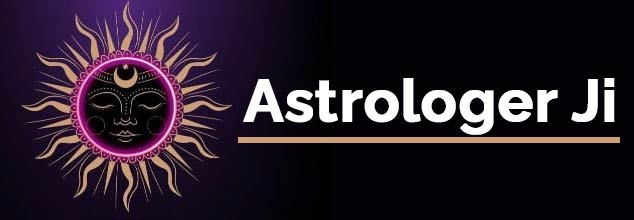Illness, pain, misfortune, decay, and death are all realities that people from all cultures face, recognise, interpret, and manage in some way. Scholars use the term healing to describe how people cope with and try to alleviate suffering, and healers to describe people who are skilled at alleviating suffering. Folk refers to healing beliefs, practices, and experts who are not mandated by, affiliated with, certified by, trained by, or officially recognised by their societies’ dominant religious or medical institutions. In many societies, mainstream healers like priests and doctors are men, whereas folk healers can be either men or women. Although priests and doctors typically have more prestige and are paid more for their work, folk healers may be perceived as having a better understanding of human suffering, being more compassionate, and being more sensitive to local traditions. Folk healing is practised by a number of people. Some places provide massages. Some healer specialise in the repair of broken bones. Some are herbalists with in-depth knowledge of plants, roots, and berries. Some people specialise in the treatment of spiritual problems in children, such as fear sickness. Such people can cure the ill effects of the evil eye, as well as the malaise caused by another person’s jealousy. Prayers are commonly used as part of the healing process by people who specialise in spiritual illnesses.
